Need a good American wine for your Fourth of July party? Choose one from a New Jersey winery.
Respect is coming to New Jersey wines, thanks to competitive blind tastings such as the one I participated in two weeks ago at Princeton University, and to wine store owners like Armando Luis and Mark Censits.
Four weeks ago, I tasted 18 New Jersey wines in Luis’ Sparrow Wine & Liquor store office in Hoboken. I have tasted wines with Luis for years, yet with all his knowledge, he had limited exposure to New Jersey wines. “Some of these New Jersey wines are really good!” Luis exclaimed at the end of the tasting. We were very impressed with the white and two red wines of Heritage Vineyards in Mullica Hill, the red Legends Edition Europa VI from Atco’s Amalthea Cellars and the chardonnay and the red wine labeled Retriever from Silver Decoy Winery in Hightstown.
Little did I know that these wines would be selected by Censits for a blind tasting billed as the Judgment of Princeton, which pitted a dozen Garden State wines against a slate of French vintages.
Organized by the American Association of Wine Economist, the Judgment of Princeton was modeled after the famed Judgment of Paris, the 1976 blind tasting by French wine experts in which Napa Valley trumped those of the French. Mon Dieu! The only journalist at the tasting was Time magazine’s George Taber, and his report sent shock waves through the French wine establishment and put Napa Valley on the world wine stage.
Taber directed our Judgment of Princeton, which included two French, one Belgian and six American judges. In place of Steve Sperrier, the Parisian wine store owner who selected the wines in 1976, Censits, owner of the Cool Vines shops in Westfield and Princeton, coordinated the Garden State wine choices. He evaluated 25 whites and 40 reds to determine the top six of each to judge, and he said he was “very surprised at how many were well-made”.
The same French wineries from 1976 were represented, including Chateaux Mouton-Rothschild and Haut-Brion.
At the Judgment of Princeton, the top white was 2009 Drouhin Beaune Clos des Mouches, but the next three were 2010 chardonnays from New Jersey: Unionville’s Pheasant Hill Vineyard, Heritage and Silver Decoy’s Black Feather. Two of Bordeaux’s greatest chateaux, Mouton-Rothschild and Haut-Brion, took first and second place, respectively, but third place belonged to the 2010 Heritage BDX red wine– ahead of Bordeaux’s renowned chateaux Montrose and Leoville-Las-Cases.
I first tasted New Jersey wines in the mid-1980s, and since then, viticulture knowledge and winemaking experience have much improved them. I like the delicate, at times elegant, texture and mild cinnamon or clove aroma and aftertaste in many New Jersey red wines. And the reds and whites are uniformly from 12.5 to 13.5 percent alcohol.
Most contemporary California wines have morphed into a monotonous corps of 14 to 15.5 percent alcohol with raisin-y fruit taste, and are saturated with vanilla-candied aromas and flavors from excessive aging in new French oak barrels. They are polar opposites of the wines at the Judgment of Paris, and in my judgment, would not have triumphed in 1976.
For better balance and value, get one of the New Jersey wines from the Judgment of Princeton. Each has earned your respect.
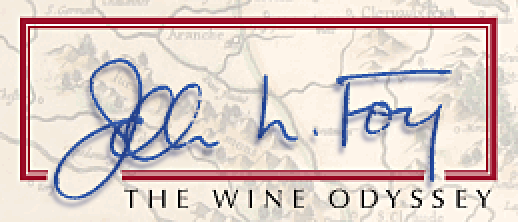
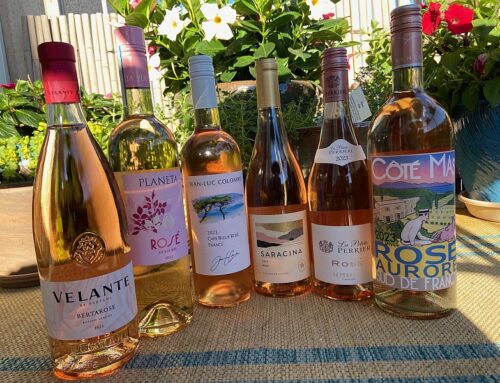
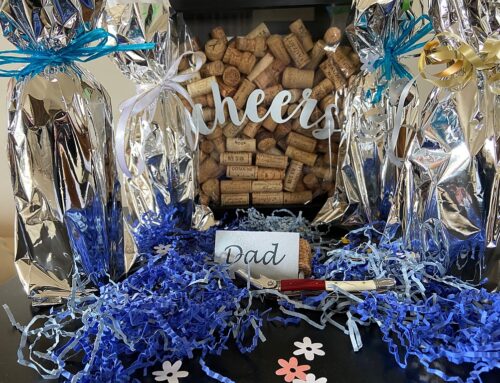
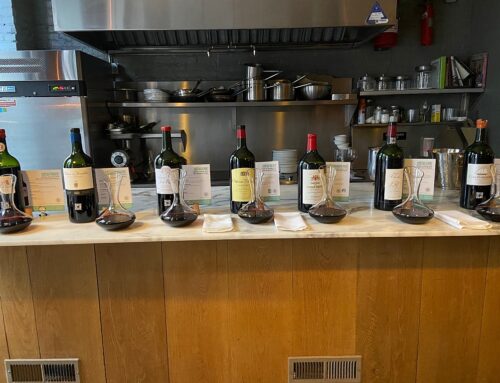
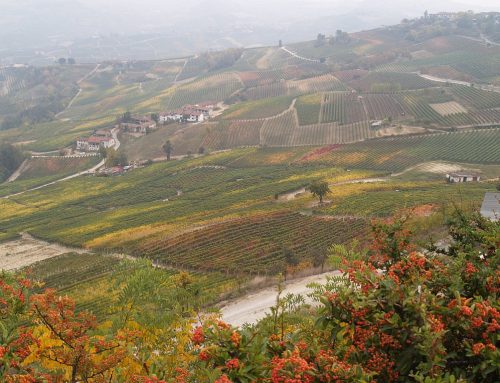
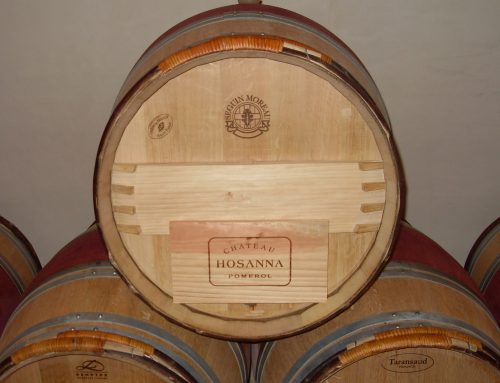
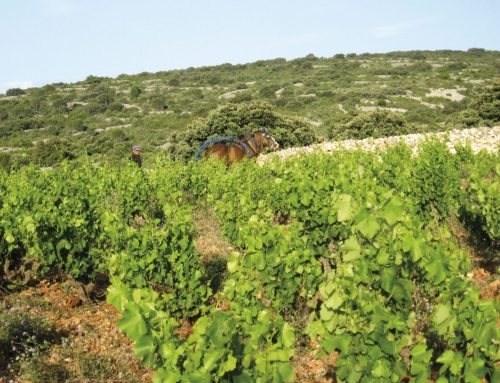
Leave A Comment